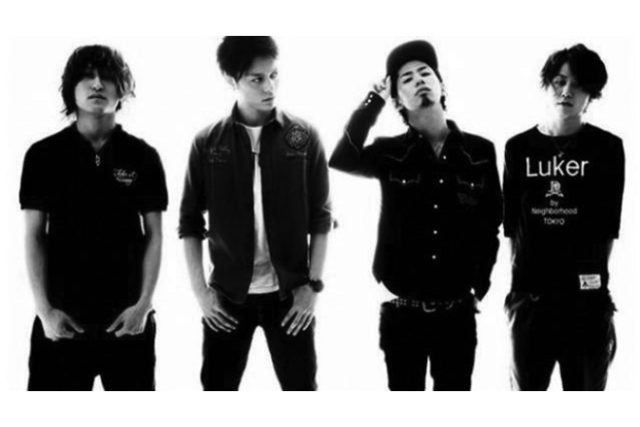By David Yamaguchi
The North American Post
“Heartache” by One OK Rock
Type the above into the YouTube search box to find a catchy movie theme that has garnered 4.5 million hits. What is striking about it is the way it seamlessly blends smooth English with Japanese lyrics, rhyming across the languages:
“So this is heartache,
Ano hi no kimi no eiga wa
Omoide ni kawaru,
I miss you….”
“Heartache” is on One Ok Rock’s “35xxxv” album (2015). Notably the song’s tender words belie the band’s edgy appearance.
The source film is “Rurouni Kenshin; The Legend Ends” (2014). This is the third of a trilogy of films, which tell the fictional tale of—what else—a wandering samurai. The series, however, is set in the swirling times of the early Meiji Era, when the influx of western ideas and technology were sweeping away Old Japan.
“Daisuki” by Annekei
Also an “oldie but goody” is singer Annekei’s Japan-influenced “Daisuki.” which is on her A-Side album (2012). Its upbeat lyrics:
“Haven’t you noticed how I blush when I stand beside you,
Watashi wa anata wo daisuki…”
Through such pop songs, we see the old firm cultural line between East and West softening through artistic recognition of the universality of human life experiences.

Japan’s Naked Island Hermit
Type the above phrase into the search box to find an intriguing half-hour English-subtitled 2014 Vice documentary on a man who chose to live on a desert island. His name is Masafumi Nagasaki and his home was Sotobanari Island, which lies between Taiwan and Okinawa. Mr. Nagasaki’s cogent, down-to-earth thoughts and healthy appearance make one pause and think about what matters in life.
The intelligent interviewer is excellent as well. She asks pointed questions, and contemplates the truth of Nagasaki-san’s answers.
“Bujintou ni hitori de kurasu, muzukashii-souna jinbitsu souzou watashi… Naze shakou-teki na dansei ga tatta hitori de kurasu to kimeta no ka,” she asks herself. I imagined a quiet, difficult person… Why would a social man choose to live so alone?
In closing, Nagasaki’s story continues to develop, as he was recently forced to return to Japanese society at age 82, after 29 years living nearly like Robinson Crusoe. Until June he had only monthly contact with a friend/supplier on an adjacent island. Nagasaki’s story more closely recalls that of Hiroo Onoda, the holdout soldier who hid in the jungle for 29 years after the end of World War II in the Philippines.






